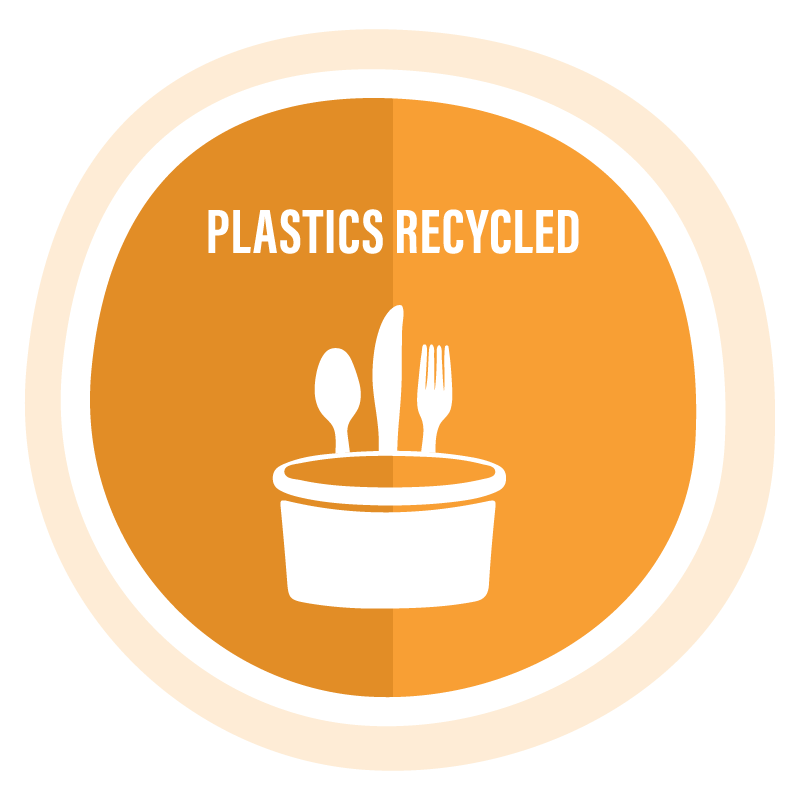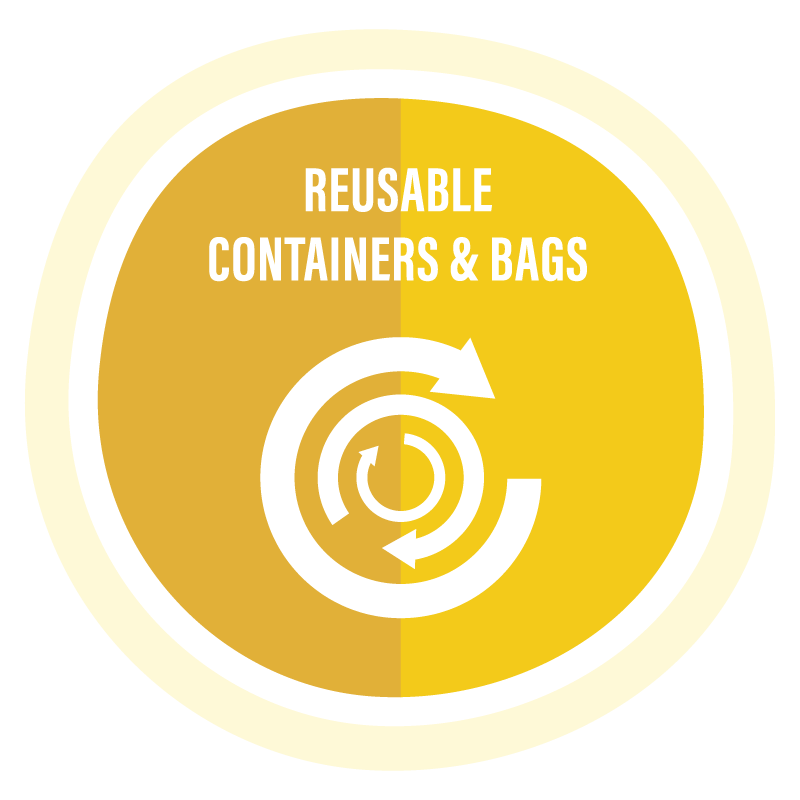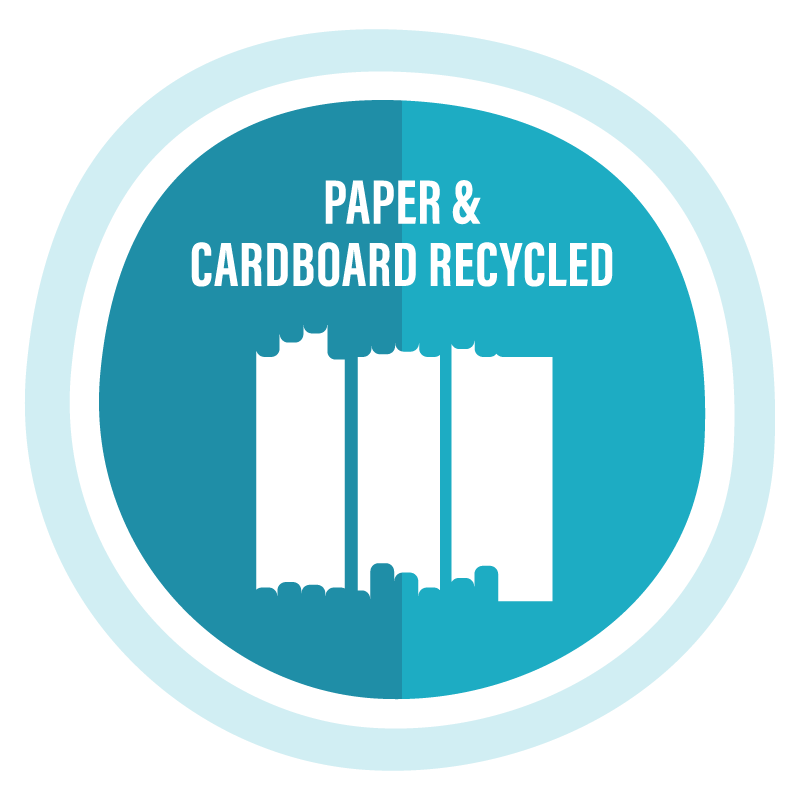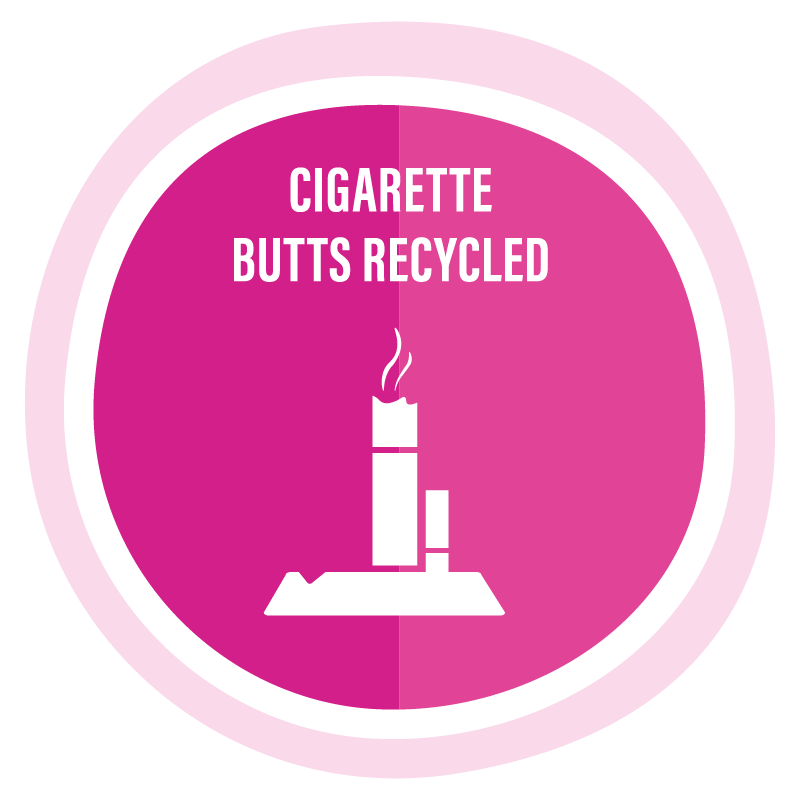
Our soft plastics program is available in Oct 2022.
Do something drastic & cut the plastic. Single-use plastic food packaging is a major contributor to the global solid waste problem. Although the food industry is developing strategies to reduce single-use plastic packaging, we need to better understand consumer awareness and attitudes about the issue.


